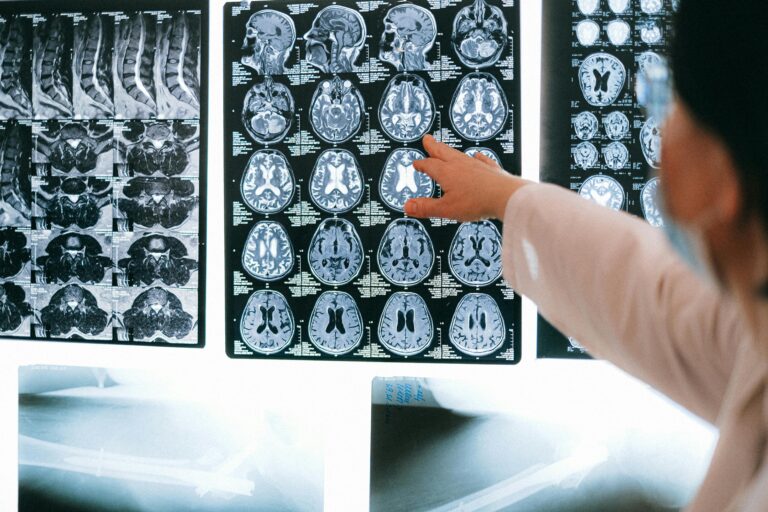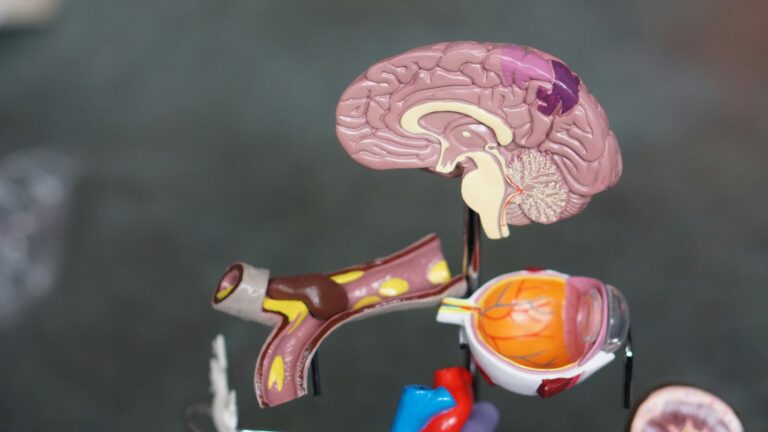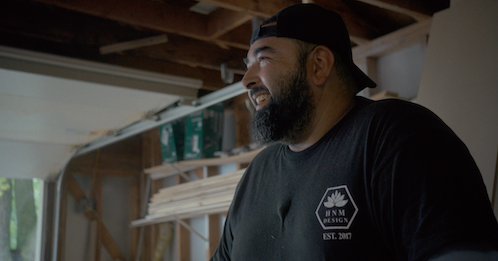
Trauma, Social Media, and Mental Health (Critical Conversations Plenary Session 2)
The Three Phases of Trauma Healing | Clients raised in abusive and/or neglectful environments have psychological wounds that are deep and pervasive. Healing that is evidence based and faith-centered will take the client through three phases: establishing safety and stability; renegotiating traumas; and integrating healing into a new way of living. Healing of developmental wounds occurs best in the context of a corrective attachment relationship, with the counselor, and with the Holy One. Holistic healing involves cognitive, behavioral, somatic (bottom-up work with the nervous system), and faith-based interventions. A measure of safety, stability, and coping skill efficacy must be established in the client before trauma renegotiation can proceed. At the heart of effective interventions, titrated work with renegotiating trauma, unmet attachment needs, and work on repairing boundaries with self and others is key. Intensive work on forgiveness is also key, from both a faith-based and evidenced-based point of view. Moreover, once traumatic memories are renegotiated, clients are taught to think and act differently, based upon spiritual and evidence-based practices. This session provides viewers with a detailed overview of the three phases of healing within a comprehensive developmental/complex trauma healing program, as well as identifies several key intervention tools that can be used within each phase of treatment.
Social Media and Mental Health | To say that social media has become prevalent is an understatement. Dr. John Dyer discusses the impact of such a significant reality as social media on mental health.

Dr. Barbara Lowe is a licensed psychologist, founder, and owner of Greenleaf Psychological and Support Services (GPSS). GPSS is a large multi-site psychological practice and training center in Raleigh/Durham North Carolina where clinicians deliver the best of psychological science and integrate faith upon request, for healing the soul and renewing the spirit. She is also the visionary behind Dr. Barbara Ministries, a Somatic Experience practitioner, an EMDR practitioner, a Master ART Therapist, a Board Certified Life Coach, an Educator, an Ordained Minister, a National Speaker, and an Author. Dr Barbara Lowe received her PhD from UNC-CH in School Psychology and is a nationally speaker across psychological, inner healing, and investment conferences.

Dr. Bock has earned recognition as a Humboldt Scholar (Tübingen University in Germany), is the author or editor of over 45 books, including well-regarded commentaries on Luke and Acts and studies of the historical Jesus, and works in cultural engagement as host of the seminary’s Table Podcast. He was president of the Evangelical Theological Society (ETS) from 2000–2001, has served as a consulting editor for Christianity Today, and serves on the boards of Wheaton College, Chosen People Ministries, the Hope Center, Christians in Public Service, and the Institute for Global Engagement. His articles appear in leading publications, and he often is an expert for the media on NT issues. Dr. Bock has been a New York Times best-selling author in nonfiction; serves as a staff consultant for Bent Tree Fellowship Church in Carrollton, TX; and is elder emeritus at Trinity Fellowship Church in Dallas. When traveling overseas, he will tune into the current game involving his favorite teams from Houston—live—even in the wee hours of the morning. Married for 49 years to Sally, he is a proud father of two daughters and a son and is also a grandfather of five.

Channeling Eric Liddell, Dr. Dyer likes to say, "When I code, I can feel God's pleasure." This desire to glorify God by showing how our creativity is an important aspect of our role as image bearers drives Dr. Dyer's work and teaching. A former youth pastor, he enjoys working with students to see how the biblical story brings insight and clarity to the ideas found in science, sociology, and culture. Dr. Dyer is married to Amber, a literature and philosophy professor, and has two lovely children.
 Barbara Lowe
Barbara Lowe  Darrell L. Bock
Darrell L. Bock  John C. Dyer
John C. Dyer More like this


Societal Trends and Risk Factors of Addiction (Plenary Session 3)

The Brain Science of Addiction

Gambling Addiction

Pornography Addiction

Moving Forward: From Biology to Treatment

The Causes of Addiction (Plenary Session 2)

Shepherd of the Addict (Plenary Session 1)

Sorting Through Polarization and the Two Kinds of Evangelicalism in the Public Square

The Ox

Tiny But Mighty


